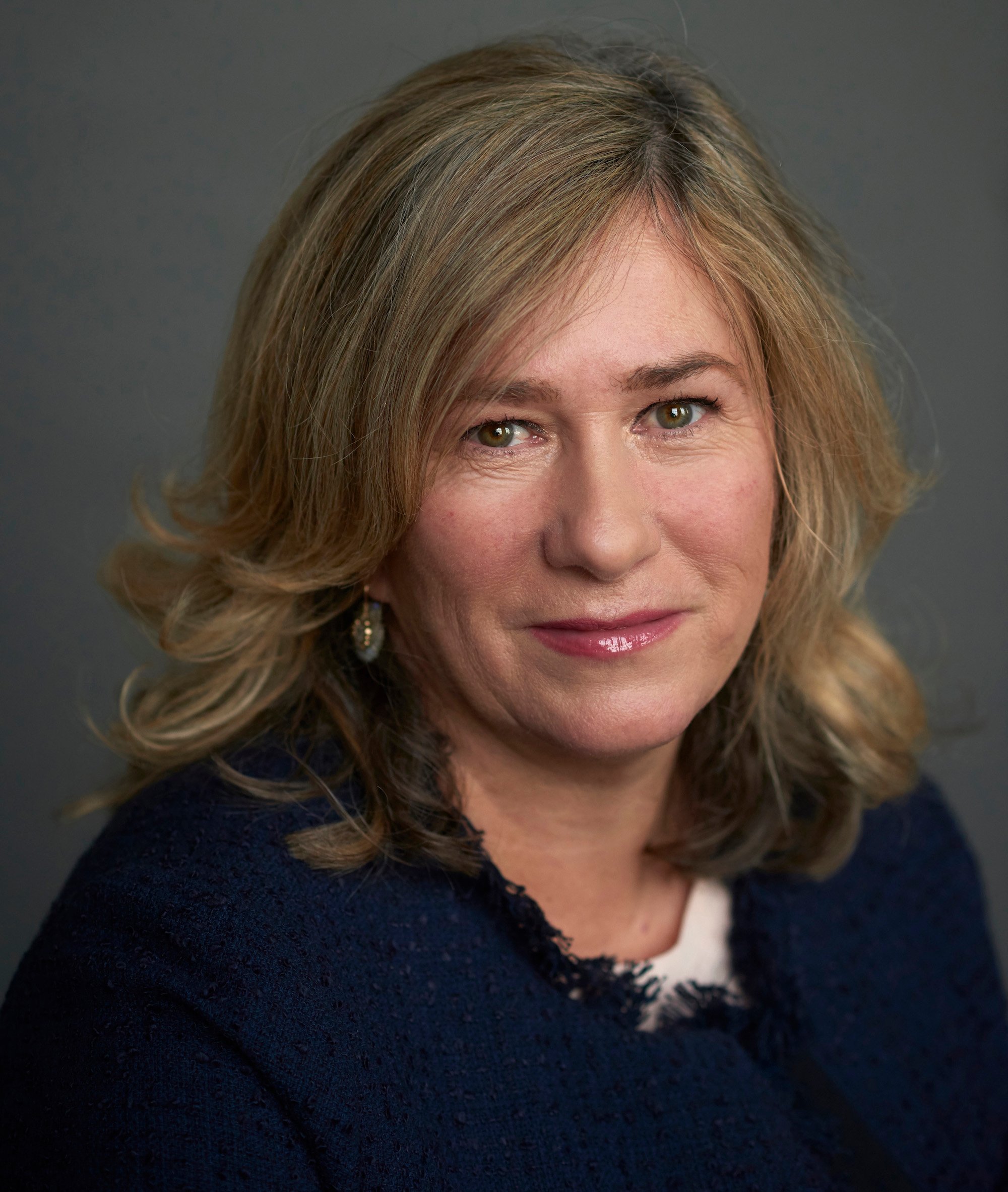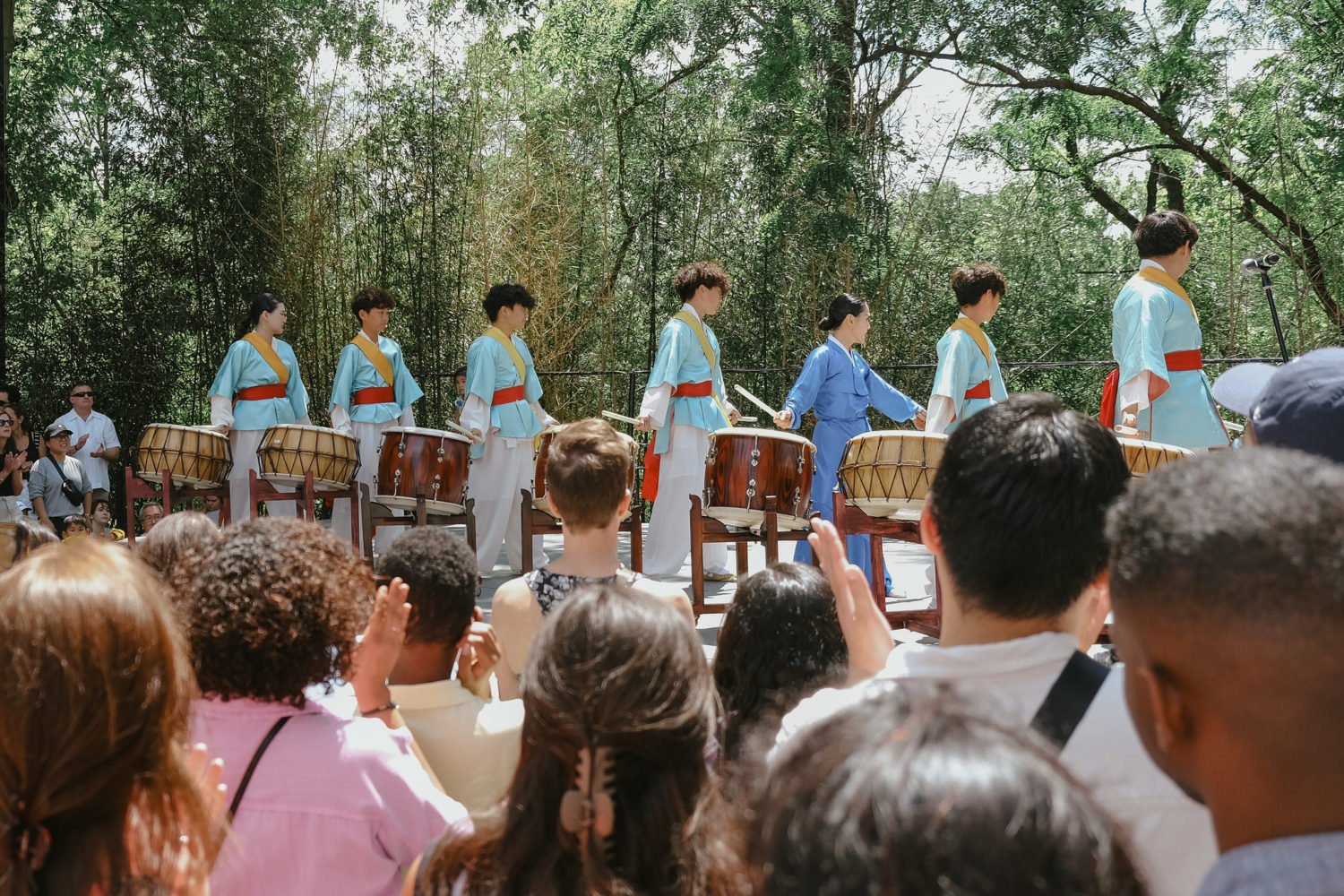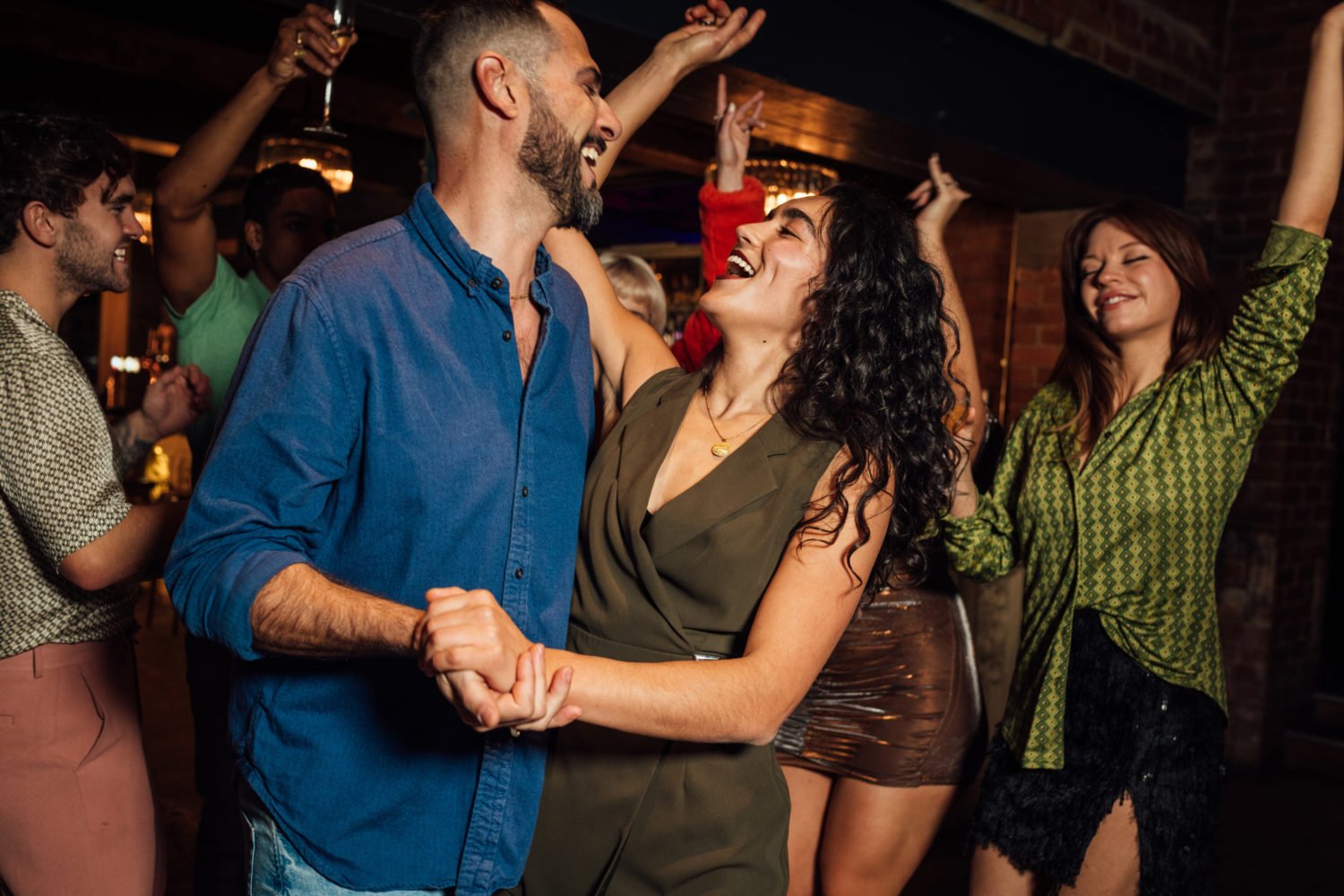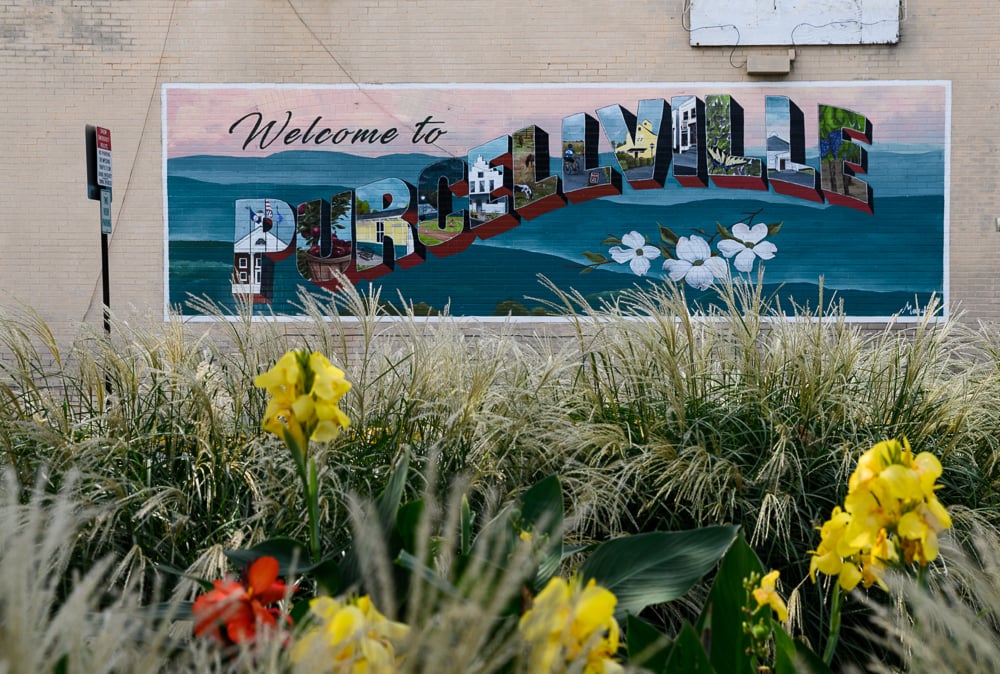It has been said that Ginger Rogers did everything Fred Astaire did, except backwards and in high heels. The same could be said about Virginia Hall, a one-legged real-life James Bond who helped change the course of World War II.
Sonia Purnell, who will speak at Politics and Prose Saturday, writes about Hall’s amazing story in the ironically titled A Woman of No Importance. Hall was born in Baltimore in 1906. She finished her studies in Europe and wanted to have a career in diplomatic service. A hunting accident in Turkey derailed those ambitions and took Hall’s left leg below the knee, leaving her to walk on a painful prosthetic she nicknamed “Cuthbert.”
When the Nazis invaded France, Hall drove wounded French soldiers from the frontlines to medical facilities. But as Purnell writes, “this was as nothing compared to what was to come.” Hall later built a network of informants and Resistance allies. She even organized a prison escape that freed 12 men in 12 minutes. Hall’s work would set the table for France’s liberation. A true marker of her impact can be found in the fact that the Gestapo plastered her face on wanted posters across Europe with a simple directive: “The Enemy’s most dangerous spy. We must find and destroy HER.”
Washingtonian spoke with Purnell to learn more about Hall and the times in which she lived.
In your research, did you find any other Americans joining the Resistance effort that early in the war?
There were a few, but not as many as you might expect. The SOE [Special Operations Executive—a British spy organization created in 1940] signed up a few Americans, a couple of American women, but Virginia was the one who really made an impact. Initially, SOE asked, should we be hiring Americans because America is not in the war yet, they’ve been quite friendly with Vichy France, and so they asked if recruiting Americans was a safe thing to do. But there was something about Virginia that was incredibly trustworthy and wholesome. Someone described it by saying she was able to bewitch people… something was so persuasive about her and her plans going into France that [SOE] abandoned all concerns about her not being a Brit.
Could you go through some of Hall’s most impressive accomplishments during the war?
We shouldn’t forget what she did before she joined SOE. She drove ambulances on the front lines for the French army, under German bombardment, with a false leg, and when French soldiers had begun deserting. Yet she continued. If Virginia had stopped there, we’d still think she was an amazing person, but the fact is she didn’t. She went into wartime France entirely on her own, with very little training, and no way to contact London, no support system, and no rescue option. She set up huge networks that went on to become the nexus of Resistance armies. Her life was at risk every second of every day. Anyone Virginia approached could’ve been a Gestapo agent. But she had this sixth sense. She understood people very well and was able to set up these networks that gleaned incredibly good intelligence. She became the agent the Gestapo feared the most and organized these spectacular jailbreaks. We’ve all heard of The Great Escape. Some of those guys never truly made it. Her guys did. She was a very, very determined lady.
Do you think other people in France with similar character were drawn to her?
I’m sure the initial instincts of some might have been, “well hang on, why are we taking orders from a foreigner?” And in a conservative country, a foreign woman. But I really think people were happy to sign up and take orders from Virginia. Some of them wound up in concentration campaigns. The fact that they were prepared to do this for a foreign woman who appeared out of nowhere shows that she must have had this absolute force of personality that made people want to follow her. She was a born leader.
So Hall is the only civilian woman to receive a Distinguished Service Cross?
That’s right, in the Second World War. President Truman wanted to award it to her himself at the White House. She said no thank you, I want to continue being a secret agent. She didn’t do this for glory.
Let’s talk about when she came back to DC after the war.
America had changed a great deal. It was now the superpower. She had been an unqualified war hero; now she found it hard to find work. It took her six years to be welcomed into the CIA. Society had changed a great deal. It was again all about men doing these jobs and women retreating back into the home. And here you had this woman who had done all sorts of daring things now working alongside men who had done none of those things. The papers the CIA released to me show that from her job appraisals. It was an embarrassment. So while Virginia’s career at the CIA had some highlights, it was overall a disappointment. That said, I have to give the CIA credit. They acknowledge it now.
Anything else our readers should know?
Just what an amazing person she was. As a teenager, she went to high school wearing a bracelet made up of live snakes. She was different and had an unusual, extraordinary, and exceptional streak. Sometimes with heroes we don’t think of them as being 3-D, but Virginia was a real human being. And in the end, she did find love and I think that’s wonderful. For all the sacrifices she made, she did marry and I think her husband was really good for her. I really treasure the fact that they found each other.
Sonia Purnell will speak at 3:30 Saturday at Politics and Prose on Connecticut Avenue, Northwest. Free.


















